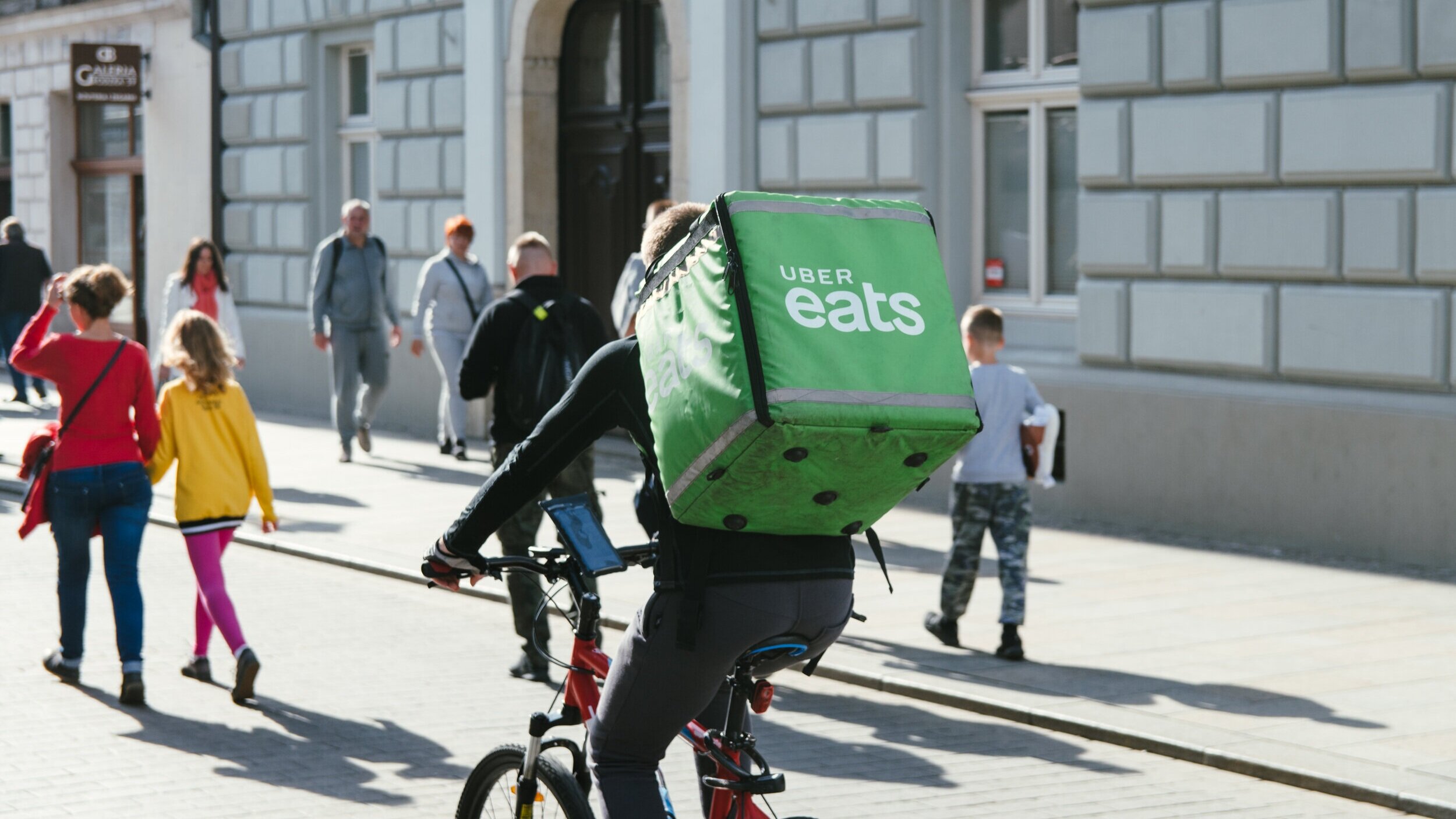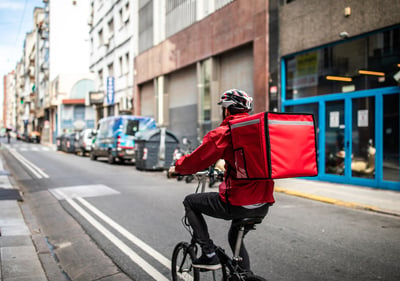Two weeks ago we had the pleasure of co-hosting a wonderful event with our friends at Quinyx and Zego. It was an exclusive dinner held at White City House, at the Old Television Centre in London for a diverse cross section of our combined customer base.
The reason for being there? We wanted to delve deep into the unique world of the gig economy, and the future of work, hearing from our customers and special guests to understand a number of issues affecting so many industries, and how they can be prepared for the future. By ensuring your workforce is empowered with the knowledge they require to be successful in their job is a significant part of this. This is called Workforce Success , and it’s at the heart of what we do at eduMe.
With technology progressing rapidly, and flexibility becoming a vital part of the way we work, the perception of the ‘office’ has been disrupted. The gig economy started this breakaway from the traditional employment model, with the promise of working a flexible schedule while earning one’s desired income. 
The gig economy is breaking away from traditional industries
The deskless workforce and gig economy workers are facing a pivotal moment; the tight labour market, and an aging, highly educated workforce is challenging the business leaders that hire and manage a large deskless workforce. There are trends driving the need for engaged frontline employees, particularly in the retail market; customer loyalty and experience is largely driven by engaged, frontline employees. Research shows that companies with engaged employees outperform those without engaged employees by 202%

With there being 2.7 billion deskless workers globally, research shows that by giving the largest segment of the workforce more flexibility through technology, this creates a compensation equivalent valued at $8.1 billion per hour.
We came into the evening aiming to discuss a few key topics:
-
What does the current workforce landscape look like?
-
What are the recent shifts in workforce trends?
-
How to create an engaged and successful workforce?
-
What is the gig economy's impact on the world of work?
Across the evening was a mixture of panel discussions, Q&A and a fireside chat. We heard from:
-
Michael Leibbrandt, Director of Partnerships at Quinyx
-
Priya Bhandari, Commercial Director at eduMe
-
Tristan Rogers, CEO at Concrete
-
Tom Morrison, Head of Delivery at Zego
-
Michel Kaloustian, Co-Founder of Quiqup
Key takeaways
-
With a growing base of gig economy workers and deskless workers representing a critical part of the UK workforce, what are the top challenges facing businesses today and why? The consensus was retention being the key here - creating a sense of belonging by engaging people. Something we’ve written about in the past.
-
Onboarding and retaining talent in the first stages of recruiting happens across the industry.
-
Businesses are challenged on many fronts to recruit and retain employees. Reasons to stay with a company and the rewards offered either don’t exist or aren’t good enough.
-
Employment sits at 3.8% in the UK, and this challenge comes in the midst of a multi-generational workforce driving a significant digital transformation of the workplace. This has accelerated in some areas, but certainly the majority of cases this transformation is still lagging behind; particularly training and communications.

-
Technology plays a role in attracting millennials. The expectation is that 9-5 should look more like 5-9 (i.e. leisure time). Intuitive technology and up to scratch tech stacks matter.
-
The younger workforce value development opportunities far more than remuneration, and that if their demands aren’t met, they’ll leave.
-
There’s a huge variety of experience levels that gig work attracts. Workers who clean, or drive Ubers, are part of the gig economy - and at the other end of the spectrum are management consultants, and software developers.
-
Freelancers are pursuing work in all industries - from finance, to agriculture and forestry, to transportation. The number of people estimated to work in the gig economy has doubled over the last 3 years, and is now more than 15% of the total full and part-time workforce.
-
Companies need to put as much focus on their workforce as they do their customers. Let them feel part of the company, allow them to communicate with real people, reward them regularly and offer them opportunities to develop personally as well as professionally.
eduMe is a Workforce Success platform that allows you to train, engage and communicate with your people. It ensures that your workforce is empowered with the knowledge they require to be successful in their job. Forward-thinking companies like Uber, Airbnb, Deloitte and Vodafone use eduMe to empower their workforce.
With the drastic shift in working habits, especially in the gig economy, now is the time to be doing the best for your workforce, so they are doing their best for you.






.png?width=50&name=logo-dark%20(1).png)


